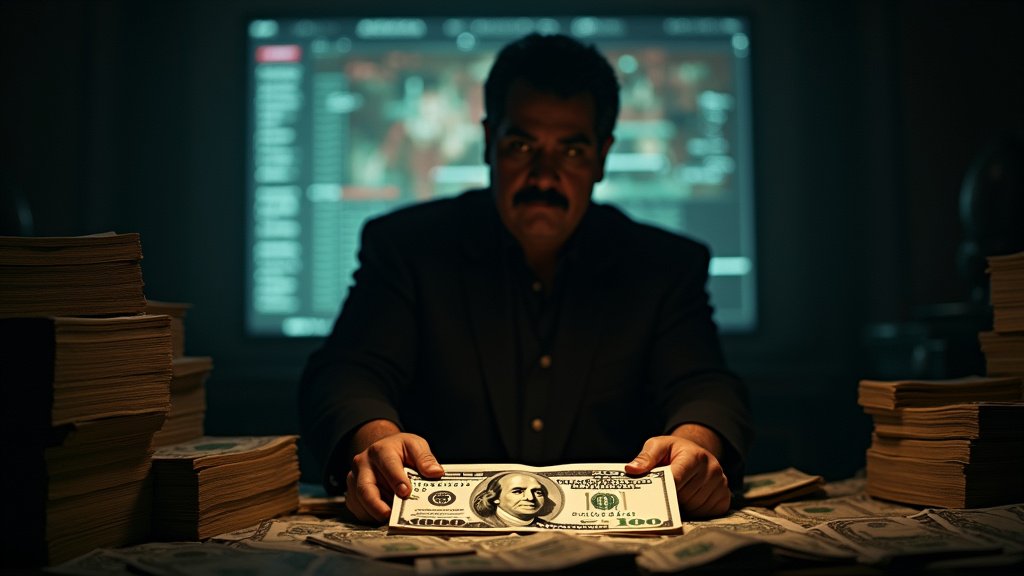A proposal involving the monarchy of Qatar offering a luxury jumbo jet, reportedly valued at some $400 million, to former U.S. President Donald J. Trump has ignited a significant debate over potential violations of the U.S. Constitution’s foreign emoluments clause and raised complex questions regarding its potential use as a presidential aircraft.
The issue has been prominently highlighted by the Times Union editorial board, which argues that the offer constitutes an impermissible emolument under Article One, Section 9, Clause 8 of the Constitution. This clause is designed to prevent U.S. officials from accepting gifts or payments from foreign states without the consent of Congress.
The Controversial Offer and Its Context
The jet in question is described as a luxury jumbo jet, carrying an estimated value of approximately $400 million. The offer reportedly comes directly from the monarchy of Qatar. The timing of the offer has drawn scrutiny, particularly given reports of Mr. Trump’s previously expressed impatience with delays concerning domestically produced presidential jets.
Reports indicate a potential plan for the Qatari jet to serve, at least temporarily, as Air Force One – the official call sign of any U.S. Air Force aircraft carrying the President of the United States – before ultimately being donated to Mr. Trump’s presidential library.
Emoluments Clause Concerns
The central argument presented by critics, including the Times Union editorial board, is that accepting a gift of such substantial value from a foreign government entity like the monarchy of Qatar runs contrary to the intent and letter of the foreign emoluments clause. The clause specifically states that “no Person holding any Office of Profit or Trust under them, shall, without the Consent of the Congress, accept of any present, Emolument, Office, or Title, of any kind whatever, from any King, Prince, or foreign State.”
While Mr. Trump is no longer in the presidency, the offer and its reported terms, particularly the potential use of the jet for presidential travel, connect directly to his previous role and future political aspirations, raising questions about whether the emoluments clause’s principles apply or how such a transfer would be managed under constitutional guidelines.
Practical Hurdles and Potential Costs
Beyond the constitutional questions, experts have reportedly expressed significant doubt about the jet’s practical usability as a presidential aircraft without extensive and costly retrofitting. Presidential aircraft require highly specialized security and communication systems that are not standard on even the most luxurious civilian or state-owned jets. Integrating these classified systems would necessitate substantial modifications.
The concern is that these necessary retrofits, potentially costing millions, could fall upon the U.S. taxpayer, even though the aircraft’s reported ultimate destination is Mr. Trump’s presidential library rather than the permanent U.S. Air Force fleet. This raises questions about the public benefit derived from public expenditure on an asset destined for private disposition.
Official Response and Legal Interpretations
The editorial notes that Mr. Trump’s appointed attorney general, Pam Bondi, has deemed the gift acceptable. Ms. Bondi previously worked as a lobbyist representing the government of Qatar, a fact that critics argue presents a potential conflict of interest in her assessment of the offer’s legality. Furthermore, a reported Justice Department internal review is also said to have found the gift acceptable, though the details and reasoning behind this review have not been fully disclosed.
These interpretations contrast sharply with the concerns raised by constitutional scholars and ethics watchdogs, who view the scale and nature of the gift from a foreign monarchy as exactly the type of scenario the emoluments clause was designed to prevent.
Call for Congressional Action
The Times Union editorial concludes by calling for Congress to address Mr. Trump’s various financial entanglements, asserting that the controversial Qatari jet offer serves as a critical starting point for such scrutiny. The editorial board suggests that a thorough investigation into the circumstances surrounding the offer, its potential implications, and the legal rationale for its acceptance is necessary to uphold constitutional principles and ensure transparency in foreign relations and potential gifts to former or future U.S. officials.










